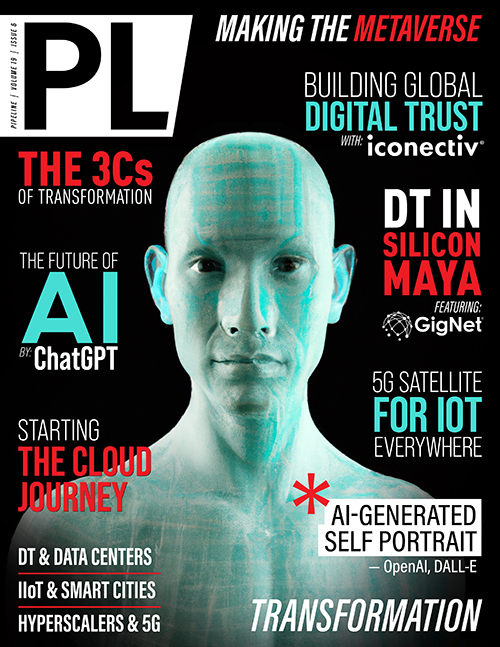Global Trust and Transformation
As an analogy, Global Entry, Clear, and other fast-tracked programs are using biometric keys to streamline trust in travel. Not that long ago, you could arrive at the airport, walk straight to your gate, and hop on a flight. But events such as 9/11 changed the trust landscape. The result of mitigating these risks today is that we must arrive at the airport hours early, pass through TSA checkpoints, X-rays, modest disrobing, pat downs, and other security measures. Global Entry and other “fast pass” solutions have integrated security technology to streamline trust in an attempt to return to the trusted days of old. But imagine for a moment that these programs only worked in one airport, only within one country, or that you had to register at each airport you would travel through. This is equivalent to how branded calling solutions and STIR/SHAKEN technologies work today. That level of friction must be overcome to achieve trust on a global scale, and to unlock a tremendous global digital trust opportunity. Just as countries adopt the standard Global Entry or Clear protocols to restore trust in travel, CSPs can adopt a global authentication standard for trust across networks.
Becoming a golden pipe provider
At Mobile World Congress (MWC) this year, several CSPs acknowledged the failure to fully monetize 4G—and the critical importance of seizing the 5G opportunity in front of them now. Market leaders including Ericsson, Telefonica, Vodafone and more headlined panels and keynotes at MWC echoed these sentiments (including Opening Up the Power of the Network, Digital Identity: Toward a New Paradigm?, and Mobile Identity APIs: The Road to Success, among others).
5G services critically depend on the network. What’s more, only the network can deliver the trust on the global scale that is required. The network is a global web of connectivity enabling information to be shared. That information is ubiquitous, following each of us as we traverse the network, no matter where we are, what device we are on, or what application we are using. The network is the underpinning of global communications. The phone number, in turn, is the passport across the global network—it is the global identifier, and it is already globally understood as such. CSPs, then, have a tremendous opportunity to unlock the value of the network. In doing so, the services that consumers want can be simple, secure, seamless and profitable—and CSPs can transform into a trusted, golden pipe provider.
We forget that behind the devices we carry in our pockets are super complex networks, with billions of dollars in investment intended to deliver what should, at its best, feel very simple. Investment and innovation are necessary to make this level of seamless trust a reality, but preserving the network experience is essential to realizing the return on network investments. The first step is to make it more difficult for bad actors—robocallers and other scammers—to use the network. It has been demonstrably proven that basic defenses can be effective, but only within a specific geography. In the next step of evolution, these defenses will need to be extended between countries. It will take collaboration between standards development organizations, regulators, CSPs, and innovators. A universal solution is still in the future and will require pressure and pushback on CSPs by large global brands and governments. CSPs may be reactive at first, and we may see false starts before they realize that they will need to collaborate on creating a true network-based approach to branded calling that will spark mass adoption. Small, incremental steps like these, though are important. Remember that Amazon did not start by selling everything; it started by mastering selling books.
Through collaborations with CSPs and standards development organizations, iconectiv is playing an integral role as part of an industry ecosystem that is developing a global-trust solution. Current initiatives include a consortium of CSPs seeking to register brands; an industry organization focused on delivering a solution on behalf of the industry; and another solving for trust with inbound and outbound international calling. Ultimately, what we will see is a new, stronger form of trust built on good old values for a modern world. To drive transformation, it must be collaborative, global, and streamlined—and when it is, it has the potential to return us to the kind of trust that once defined the golden days of old.



















